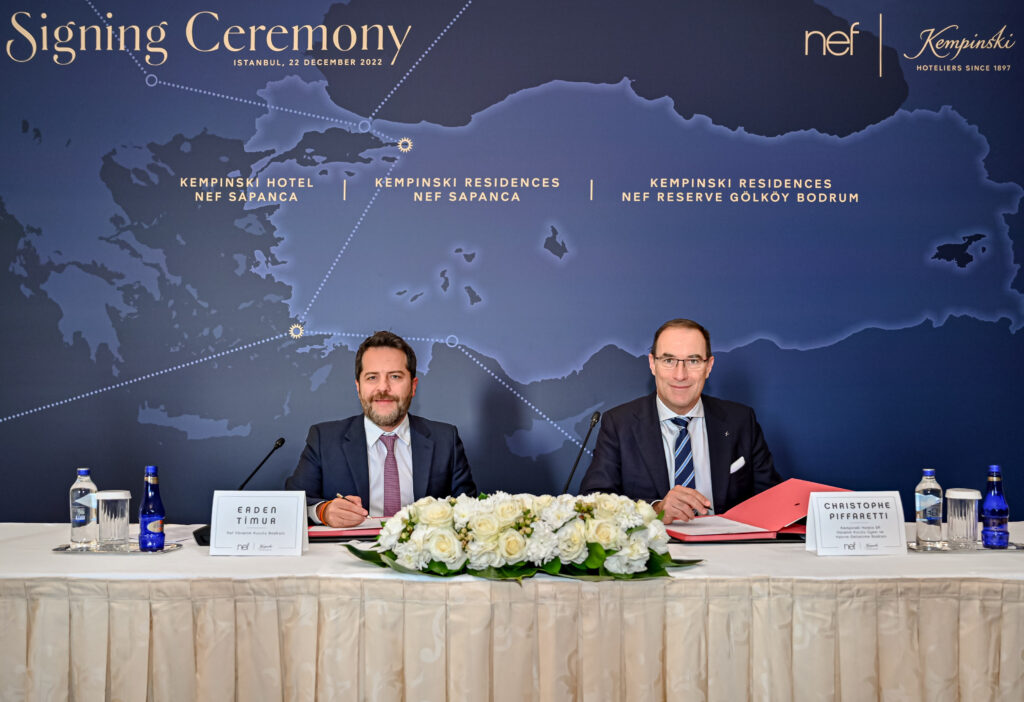Why does NDC exist?
It comes from taking an existing product and thinking about it differently. Let’s look at the concept of unbundling. Ten years ago when you bought a ticket it included everything a seat, food etc. Fast forward to today you buy the right to travel, everything else is optional.
When you take a product and started thinking about it differently it puts a different pressure on the underlying technology. For example with airlines, the systems which were in existence before, didn’t contemplate seats as being a unique attribute that passengers would pay for.
Eventually, you get to a point where you can’t evolve the current capabilities enough and you have to begin thinking about a different type of technology, this has been the catalyst for NDC. Ultimately there was a need for a richer exchange of data for types of retailing, necessary to communicate the uniqueness of products.
Also, along with the desire to merchandise and distribute products in a different way, I think there was a little frustration on the airline side that third parties, some GDS’ for example, didn’t innovate fast enough.
“NDC is a natural extension of what Sabre already does”
How does NDC affect GDS?
The funny thing is there is the whole concept that aggregators feel new; GDS’ are born aggregators that is what we do, we’ve been using XML to source hotel, rail content etc. forever so it’s not a new thing.
However, it does put more pressure on the GDS because the work involved when gathering source content from XML sources means you allowing risk into your environment because you’re depending on that particular provider’s system to be up and running fast. We do have to think about this kind of thing but really NDC is a natural extension of what Sabre already does.
“If my solution stinks – no one is going to use it”
What does IATA’s accreditation mean for NDC?
I am surprised the certification programme has become such a focus of discussion. If you look back, never before in IATA’s history — they have been developing airlines standards for a long time – you had to get certified.
The market doesn’t move on someone getting certification. Value is what moves the market. Personally, I don’t see a lot of value in the certification programme because (in theory) I could get certified tomorrow but if my solution stinks – no one is going to use it.
Why do you think it has come about then?
I think it arose because NDC’s move fairly slowly and there needed to be something to drive attention to it — and IATA’s programme has certainly done that. The programme does give evidence that standards are progressing — and more people using them means they will just keep getting better. Accreditation is the starting point, not the destination.
“Start with the experience and intention, then figure out the technology”
What excites you most about the potential of NDC?
People love to travel, even when we travel for business we figure out ways to have some fun and have personal experiences, the more we can make this experience frictionless the better.
If you think about the things you have to care about when they travel, all the reservations numbers, confirmation details and the fact they may have to go to one website for one service and then another for something else – that’s just crazy.
When you start aligning technology standards across all points of distribution, so much of that friction can be removed and to me, that’s just cool – start with the experience and intention, then figure out the technology.
Something which concerns me is that when a platform starts monitoring my choices, for example, YouTube or Amazon, I find that they do not actually address what I am interested in. Essentially I like novelty and new information but the suggestions I get are just more of the same — will NDC’s ability to track result in a similar cul-de-sac of content?
I would exchange your word novelty to “relevance”, and by that I mean relevance to you [the customer] — and that is something we are figuring out. How do we take all these crazy smarts, that we have from a data and insights perspective, and apply them appropriately? There is a footprint of what you want and describes what you value.
How does Beyond NDC differ from say the NDC’s of Sabre or Amadeus?
I can’t speak for them, but I can tell you the way we think. First and foremost it’s about a balanced approach. As much as NDC is an airline driven initiative it still has to work in the ecosystem that is a part of; we have a holistic view where we understand what airlines want to do but we also understand how the agency channel can support that and the ecosystem in which it exists.
We are focused on having an integrated source. This means we take all this content and we aggregate it, index it, analyse it and, more importantly, normalise it.
So, whether the content is NDC or whatever the next technology down the line is, agencies can consume and understand it. That to me is the real opportunity.
Can you explain “normalise”?
Ultimately travel agencies should not care where the content comes from, instead focus should be on the value the content provides and whether they are able to put the right stuff in front of their customers.
You have described NDC as “not a Big-bang event” what do you mean by that?
Some people think that NDC is going to immediately change how everything works but there are so many things that NDC can’t do yet. But just because NDC can’t do a thing doesn’t mean that need does not exist. So, for the next several years even the airlines who are leaders in NDC will still have content from sources like ATPCO (Airline Tariff Publishing Company).
The change will happen over time, which is the way you want it to. iPhones didn’t come out with all the bells and whistles that they have now, you start with a core set of concepts and innovate and test and learn.
How far can it it go?
I don’t know yet but we are going to keep pushing it until we figure it out.



 share
share










































